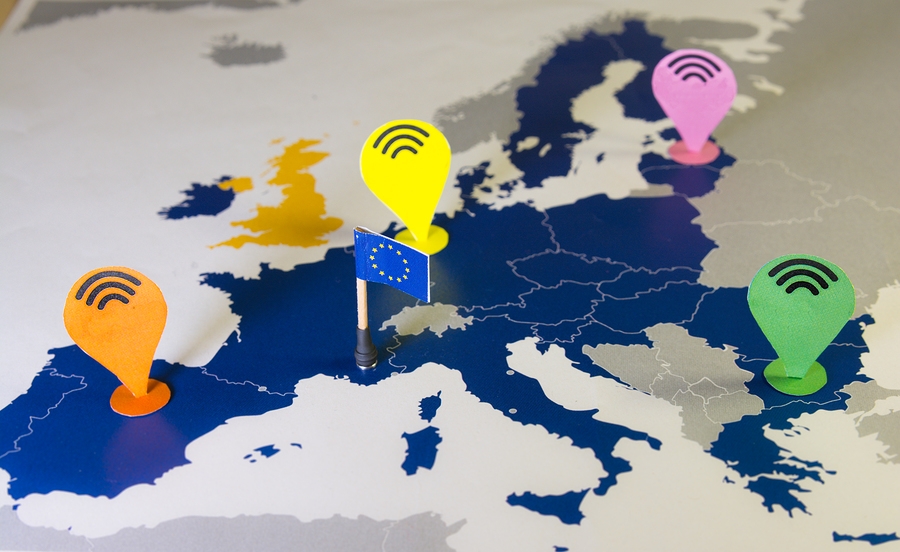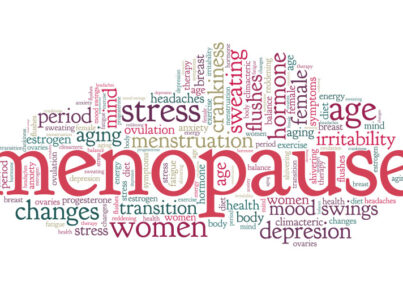EU recommendation to support exit strategies from the d,sars-cov-2 coronavirus crisis through the use of mobile applications
24/04/2020
EU Recommendation Directive

EU Member States, supported by the Commission, have developed a toolbox for the use of mobile applications for contact tracing and alerting in response to the new coronavirus pandemic. It is part of a joint coordinated approach to support the phasing out of containment measures as set out in a Commission Recommendation of 8 April 2020.
Since the outbreak of the coronavirus pandemic, Member States, with the support of the Commission, have been assessing the effectiveness, security, privacy and data protection aspects of digital solutions to the crisis. Contact tracing applications, if fully compliant with EU rules and well coordinated, can play a key role in all phases of crisis management, especially when the time is ripe for the gradual removal of social distance measures. They can complement existing manual contact tracing and help to break the chain of transmission. The toolkit is accompanied by guidance on data protection for such mobile applications.
Welcoming the toolbox, Internal Market Commissioner Thierry Breton said: "Communicating detection applications to limit the spread of coronavirus can be useful, especially as part of Member States' exit strategies. However, strong privacy safeguards are a prerequisite for the adoption of these applications and therefore their usefulness. While we must be innovative and make the best use of technology to fight the pandemic, we will not compromise our values and privacy requirements. "
Commissioner for Health and Food Safety, Stella Kyriakides added: "Digital tools will be vital to protect our citizens as we phase out restriction measures. Mobile apps can alert us to infection risks and support health authorities with contact tracing, which is essential to break the chain of transmission. We need to be diligent, creative and flexible in our approaches to reopen our societies. We must continue to flatten the curve - and keep it low. Without secure and compliant digital technologies, our approach will not be effective."
The EU Common Toolkit, urgently and collaboratively developed by the e-Health Network with the support of the European Commission, provides a practical guide for Member States in developing and operating contact tracing and alerting applications. The toolkit sets out the basic requirements for these applications:
- They should fully comply with EU privacy rules, as proposed by the directives presented today following consultation with the European Data Protection Board.
- They must be implemented in close coordination and with the approval of the public health authorities.
- They should be installed voluntarily and withdrawn as soon as they are no longer needed.
- They should aim to exploit the latest technological solutions that enhance privacy. Likely to be based on Bluetooth proximity technology, not allowing tracking of individuals' locations.
- They should be based on anonymised data, able to alert people who are in close proximity for a certain duration to an infected person so that they can be tested or isolated, without revealing the identity of the infected persons.
- They must be interoperable across the EU so that citizens are protected even when crossing borders.
- They should follow accepted epidemiological guidelines and reflect best practices for cybersecurity and accessibility.
- They must be safe and effective.
Alongside the new applications, manual detection by traditional means based on interviews with infected patients will continue to cover citizens who are more vulnerable to infection but less likely to have a smartphone, such as the elderly or people with disabilities.
A common approach for other functions, in particular on monitoring information and symptoms, may be developed in future versions of the toolkit.
Next steps:
The toolkit reflects the latest best practices in the use of mobile contact tracing and alerting applications for crisis response. It is part of an ongoing process where Member States are working together to devise and improve the use of this and other practical tools in the coming weeks and months. This first version will be further enriched in the light of Member States' experiences.
By 30 April 2020, public health authorities will evaluate the effectiveness of the applications at national and cross-border level. Member States should report on their actions by 31 May 2020 and make the measures available to other Member States and the Commission for peer review. The Commission will assess the progress made and publish periodic reports from June 2020 and throughout the crisis, proposing action or phasing out measures that no longer seem necessary.
For more information:
https://ec.europa.eu/commission/presscorner/detail/en/ip_20_626







You must be logged in to post a comment.